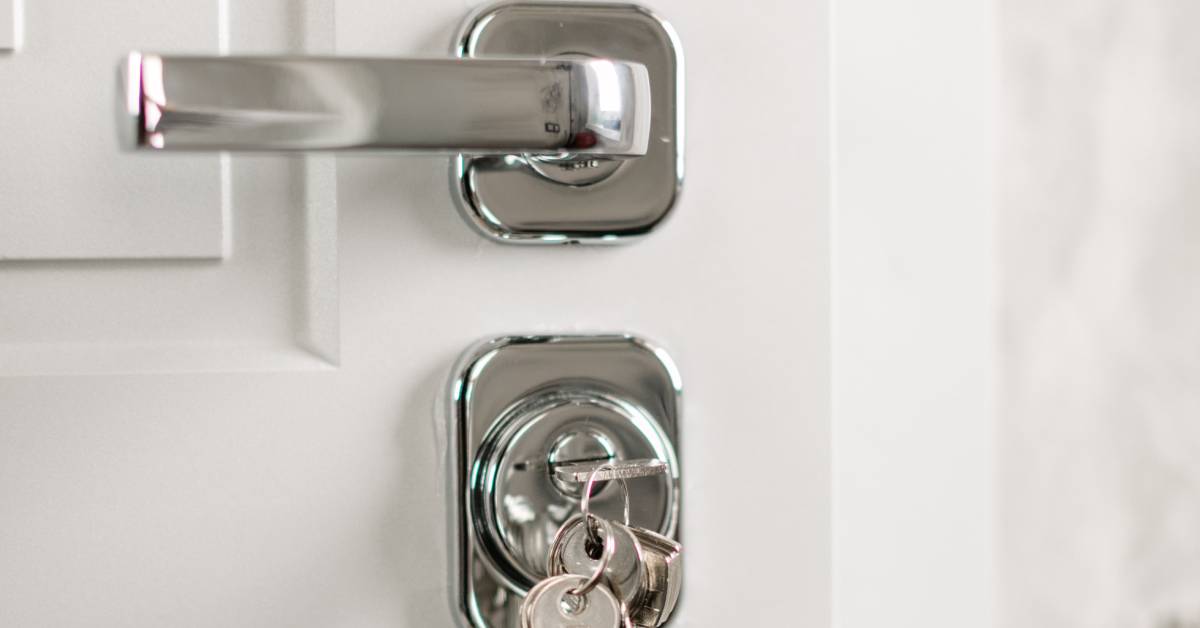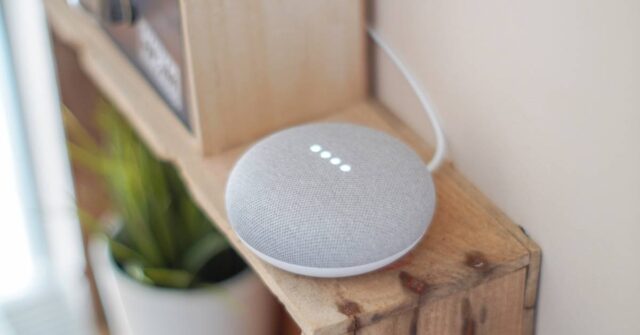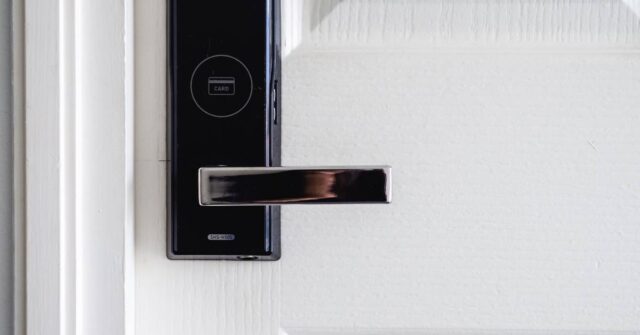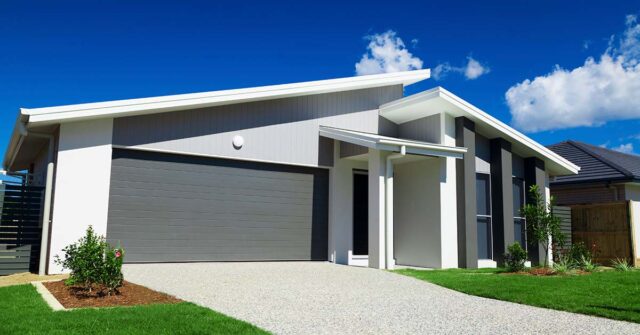Choosing the right lock for your home is a crucial decision for homeowners in Australia.
This article delves into the intricate world of smart locks and traditional mechanical locks, helping you make an informed decision based on your specific needs and the unique aspects of Australian home security.
Introduction to Home Security in Australia
In recent years, Australia has seen significant changes in home security solutions.
With evolving technology and heightened awareness, homeowners are more keen than ever to understand and implement the best security practices.
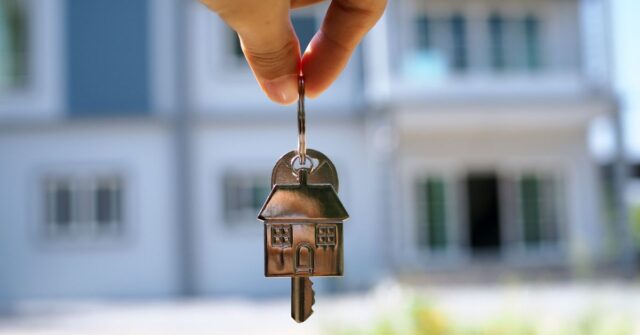
The Evolution of Home Locks
From traditional deadbolts to advanced electronic systems, the evolution of locks in Australia reflects a journey towards greater security and convenience.
This shift mirrors global trends while addressing local needs and preferences.
Current Trends in Australian Home Security
Currently, there’s a noticeable split in preferences among Australians: while some prefer the reliability and familiarity of traditional locks, others are embracing the tech-savvy features of smart locks.
This divide is crucial in understanding the current landscape of home security in the country.
Understanding Traditional Mechanical Locks
Mechanical locks have been the backbone of home security for decades. Known for their simplicity and durability, these locks have stood the test of time in Australian homes.
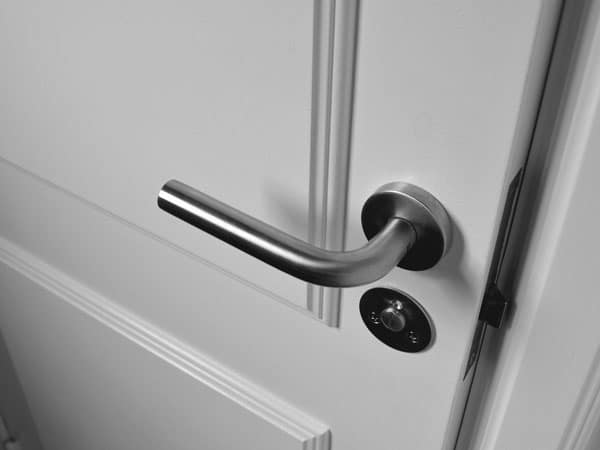
How Mechanical Locks Work
These locks function through a physical mechanism, usually involving a key and tumbler system.
The absence of electronic components means they are less susceptible to certain types of tampering and technical malfunctions.
Advantages of Traditional Locks
One of the main advantages of mechanical locks is their reliability. They don’t depend on electricity or internet connectivity, making them a steadfast security feature.
Reliability and Durability
Traditional locks are less prone to wear and tear from digital components. Their mechanical nature equates to a long lifespan and fewer maintenance concerns.
Non-Reliance on Batteries or Power
Being entirely mechanical, these locks operate without batteries or power, an essential feature during power outages or in areas where electronic reliability is a concern.
Limitations of Mechanical Locks
Despite their reliability, mechanical locks lack the convenience and advanced features of smart locks.
They require physical keys, which can be lost or duplicated, and don’t offer remote access or integration with other home systems.
Exploring Smart Lock Technology
Smart locks represent the modern face of home security, offering advanced features like remote access, user tracking, and integration with smart home devices.
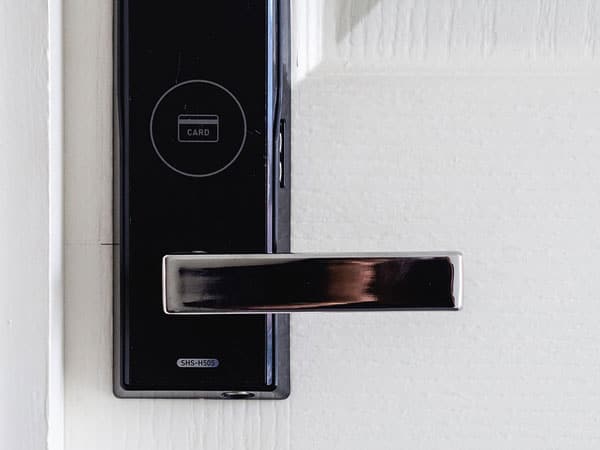
What are Smart Locks?
Smart locks are electronic locking systems that can be operated through various means such as smartphones, keypads, or biometrics.
They offer enhanced control and monitoring capabilities over traditional locks.
Benefits of Smart Locks
The appeal of smart locks lies in their convenience and the level of control they offer to the user. They’re especially beneficial for people who value connectivity and integration in their home systems.
Convenience and Customization
With features like remote unlocking and customizable user access, smart locks provide a level of convenience unmatched by traditional locks.
Integration with Smart Home Systems
These locks can be integrated with other smart home devices, allowing for a cohesive and interconnected home security system.
Challenges with Smart Locks
However, smart locks are not without their challenges. Their reliance on power and internet connectivity can be a drawback, particularly in areas with unreliable services.
Dependence on Power and Connectivity
Smart locks require constant power and internet connection to function optimally, which can be a significant issue during power or internet outages.
Security Concerns and Hacking Risks
The digital nature of smart locks introduces the risk of hacking and cyber attacks, a concern that traditional locks do not face.
Comparative Analysis: Smart Locks vs Traditional Locks
When comparing these two types of locks, it’s essential to consider various factors including security, cost, maintenance, and user experience.
Security Assessment
Both lock types offer robust security features, but their approaches differ.
Traditional locks provide physical security without the risk of digital tampering, while smart locks offer advanced monitoring and control features.
Cost Implications
Smart locks typically come with a higher upfront cost and potential ongoing costs for digital services. In contrast, traditional locks are generally more affordable and incur fewer ongoing expenses.
Maintenance and Longevity
Mechanical locks boast longer lifespans and lower maintenance costs compared to smart locks, which may require software updates, battery replacements, and are more susceptible to technological obsolescence.
User Experience and Accessibility
While smart locks offer convenience and remote access, traditional locks are often preferred for their straightforward, no-frills operation.
Real-World Experiences in Australia
Examining real-world examples provides valuable insights into how these locks perform under everyday conditions in Australian homes.
Success Stories with Traditional Locks
Many Australians have relied on traditional locks for years, valuing their reliability and straightforward nature. These locks have a proven track record of thwarting break-ins and providing peace of mind.
Smart Lock Adoption and Feedback
Conversely, early adopters of smart locks in Australia have praised their convenience and the added layer of security through features like access logs and remote control.
Expert Opinions and Recommendations
To provide a balanced view, it’s important to consider the opinions of security experts and locksmiths.
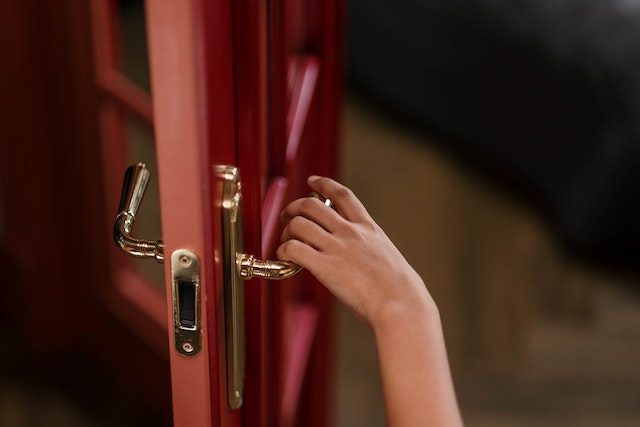
Views from Australian Security Professionals
Many experts acknowledge the benefits of both types of locks, recommending a combination of traditional and smart locks for optimal security.
Why Mechanical Locks Might Be the Better Choice
Despite the allure of smart technology, many professionals still lean towards mechanical locks for their proven reliability, especially in scenarios where power and internet connectivity can be inconsistent.
Making the Right Choice for Your Home
In conclusion, the choice between smart locks and traditional locks depends on individual needs, lifestyle, and the specific circumstances of your home in Australia.
Summarizing the Pros and Cons
Traditional locks offer reliability and simplicity, while smart locks provide advanced features and convenience. Your decision should weigh these factors according to your priorities.
Final Thoughts and Recommendations
Ultimately, the best lock for your home is one that aligns with your security needs, lifestyle preferences, and the specific conditions of your location in Australia.
Consider a combination of both for a balanced approach to home security.

